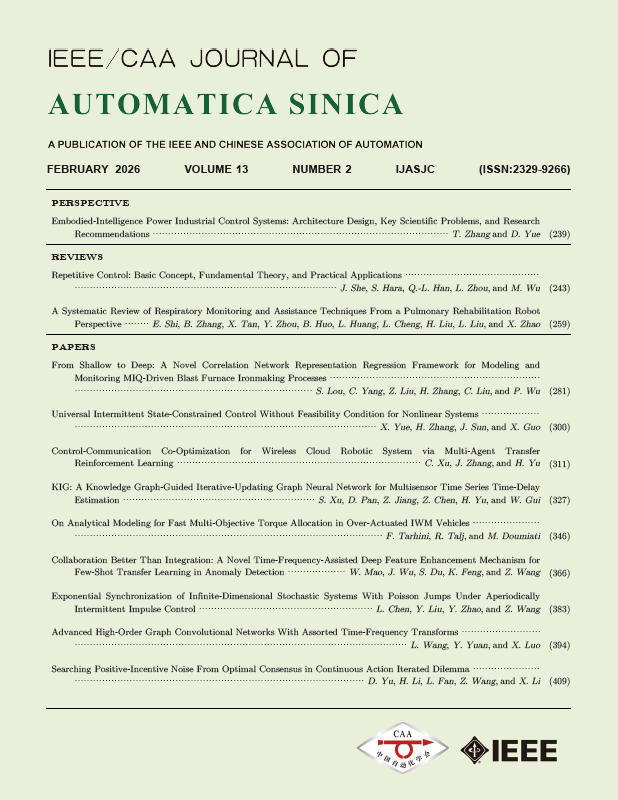Imagine coming up with neat idea of something you want, and being able to utilize the power of social networks and the expertise therein to make it, on demand, by hitting a button. That's the new concept of social manufacturing and service.
---------------------------------------------------------------------------------------------------------------
Paper Information
Gang Xiong, Fei-Yue Wang, Timo R. Nyberg, Xiuqin Shang, Mengchu Zhou, Zhen Shen, Shuangshuang Li and Chao Guo, "From Mind to Products:Towards Social Manufacturing and Service," IEEE/CAA J. Autom. Sinica, vol. 5, no. 1, pp. 47-57, Jan. 2018.
Fulltext:
https://www.ieee-jas.net/en/article/doi/10.1109/JAS.2017.7510742
https://ieeexplore.ieee.org/stamp/stamp.jsp?tp=&arnumber=8232589
---------------------------------------------------------------------------------------------------------------
"Social manufacturing and service are proposed as an innovative manufacturing solution for the coming personalized customization era," wrote the study's author, Gang Xiong, a professor at the State Key Laboratory for Management and Control of Complex Systems, Institute of Automation, Chinese Academy of Sciences. "Social manufacturing can realize a customer's requirements of 'from mind to products,' and fulfill tangible and intangible needs of a prosumer."
This portmanteau of "producer" and "consumer" represents the trend of modern manufacturing--customers expect relatively low costs to obtain uniquely specific products.
"A personalized product can be made by pressing a 'make' button while the actual 'making' requires intelligent social manufacturing facilities like cloud-based virtual factories and the networked 3D printer," Xiong wrote. "It is likely that 3D printing and social manufacturing together represent a new wave of industrial revolution."
The recognition of a new level of industrial evolution helps build the industry type, according to Xiong. Consumption is no longer based solely on material need, such as body protection and warmth from clothes, but also on personal tastes and even spiritual need. Social manufacturing allows the consumer to satisfy both material and personal needs simultaneously, which saves material and energy.
"A social manufacturing mode can help the sustainable, healthy, and green development of human societies," Xiong wrote. "With the support of social manufacturing platforms, including a social network, cloud platform, and smart mobile terminals, all social manufacturing stakeholders, like consumers, designers, players, makers, suppliers, brokers, and different service providers, can join win-win collaboration by simply clicking those different function buttons."
"People can obtain products that they imagine and [be] involved in the manufacturing process," Xiong said. "Everything... people can think and draw in their minds can be produced timely and efficiently."
Xiong and his team plan to further research social manufacturing's key theories and technologies, and to construct and operate its key application platforms.
Other contributors include researchers from the School of Science at Aalto University in Finland, the Laboratory for Discrete Event Systems at the New Jersey Institute of Technology in the United States, the Beijing Engineering Research Center of Intelligent Systems and Technology at the Institute of Automation in China, the Qingdao Academy of Intelligent Industries in China, and the Cloud Computing Center in China. This work was supported in part by the National Natural Science Foundation of China; TEKES, the Finnish Funding Agency for Technology and Innovation; and Chinese Guangdong's S&T project.















 E-mail Alert
E-mail Alert


